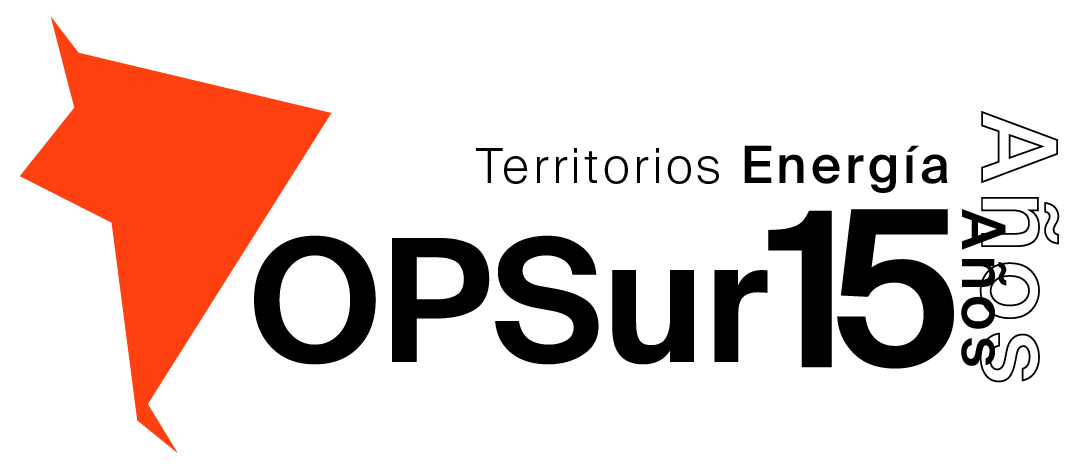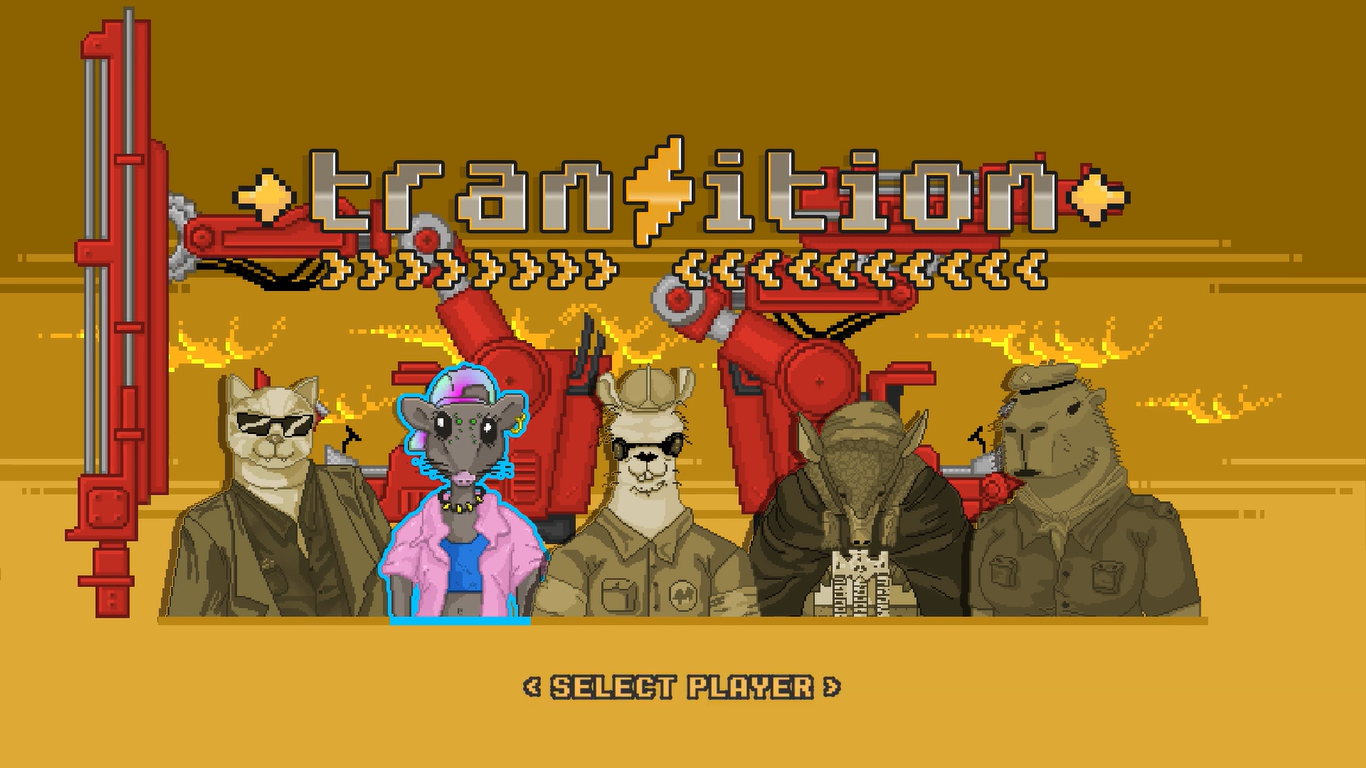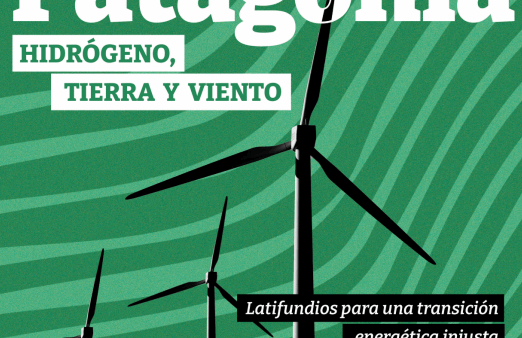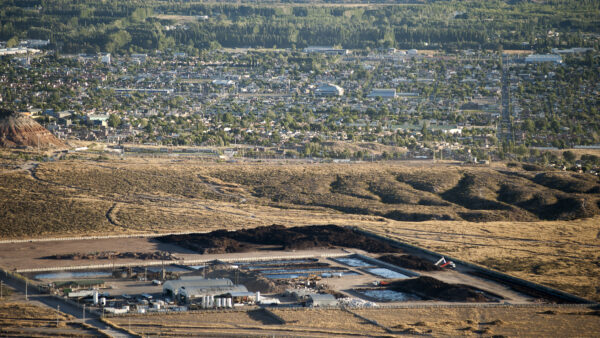This new animation by OPSur and VacaBonsai explains, through roles in a video game, the complexity of an energy transition process.
In different public debates there is a recurrent mention of “clean energies” as a synonym for renewable energies. The goal is to portray the possibility of generating energy without any impacts or conflicts. However, energy sources like solar, wind or hydraulic are not necessarily “clean”, they are renewable.
While it is true that renewable energy projects make use of clean sources, their transformation into electricity does have impacts even if they do not emit greenhouse gases as in the case of fossil sources. Instead, minerals such as lithium and cobalt for batteries, copper for electric transmission or molybdenum and the so-called “rare earth” minerals for generators, are used. Fossil fuels (gas, oil, coal) are used for construction of industrial hubs. Such resources are not renewable—just like fossil fuels, they are limited. Some of these minerals, like copper, have reached peak production, and competition for their exploitation can lead to serious social and environmental impacts in the territories where they are extracted.
Both the size of some renewable energy projects, as well as their management models, follow the same logics of the oil industry—displacement of human populations and traditional production activities.
The same goes for the “green energies” concept. Why are they called “green”? This discourse seeks to confront ideas of greenness as opposed to contamination, and it is often used to greenwash polluting companies. Thus, it becomes easier to do business with them, as economic activities that are considered “green” get more funding and more favorable public opinion.
Still, we believe that renewables are the best alternative for reducing greenhouse gas emissions and the socio-environmental impacts of fossil fuels. They are part of the solution, but the dynamics of the current economic system can turn them into a problem.
Looking beyond the sources
The “clean energy” concept focuses solely on the sources, that is, on the fact that the energy produced is not a source of carbon emissions. However, conceiving a new energy model requires us to think about the totality of the system, not only its sources. It is impossible to keep up with current consumption levels simply by replacing fossil fuels with renewable energies.
Consumption is, therefore, a crucial issue. If the world’s population consumed as much as the people in the United States, we would have to increase fivefold the resources we produce today. This is also the case at the local level: in a country like Argentina, the biggest energy-consuming sector is the transportation of goods and people through vehicular transport, which could be covered by railroad. Likewise, there are huge differences between those living in luxury and those who cannot cover basic energy needs. This is why we need an energy system that produces better, safer, and more efficient energy for those with fewer means, while reducing major consumption.
Another key element is management. Energy sector privatizations in Argentina and a large part of Latin America meant that it came to be understood as a commodity. The same has happened with the new renewable energy projects, which are being managed largely by private companies for profit maximization. In this sense, a public control of energy is key so that it can be managed as a public good in the service of people’s needs.
In a world with finite resources, there are no material, environmental or social conditions in place to sustain a system in perpetual growth. Every kind of energy has an impact. But what kinds of impact we are willing to accept, and at what cost is what we need to decide. Getting out of this maze means taking a comprehensive look at the problem. Energy is not only a technical issue, but also a political one. Let us democratize energy and environmental debates to be able to live well in a context where capitalism is approaching its limits. It is imperative to collectively approach an energy transition that will not have magic recipes such as “clean energies” but will of necessity be just and popular.





